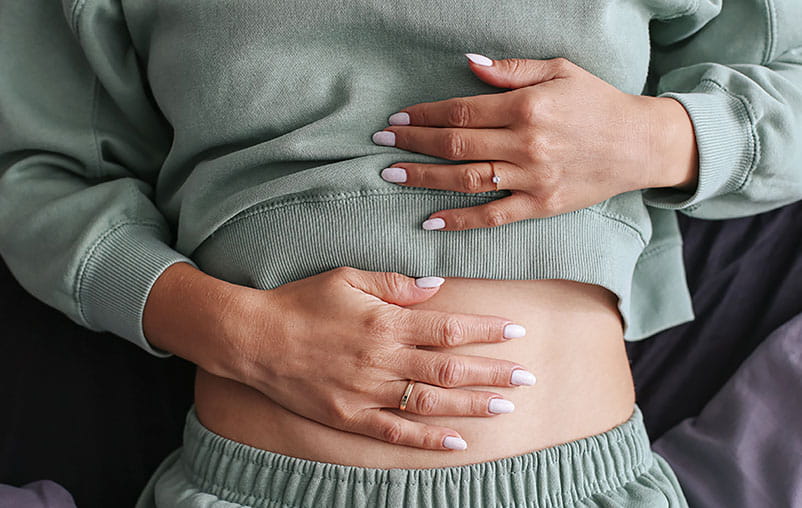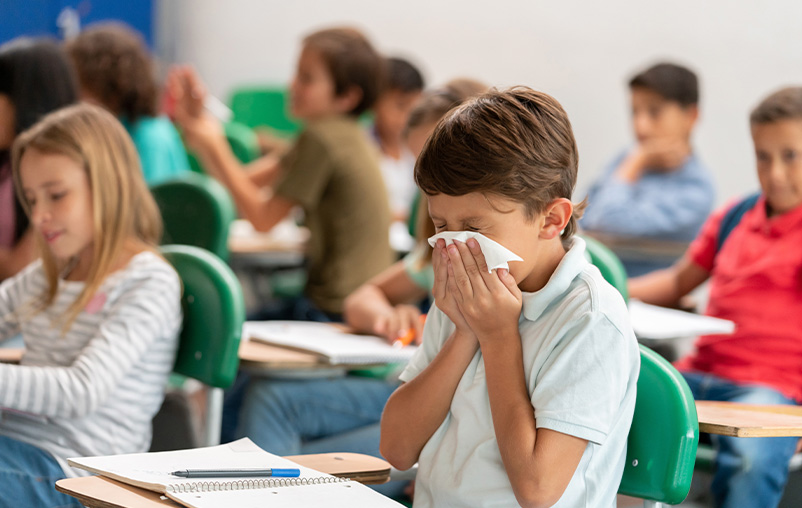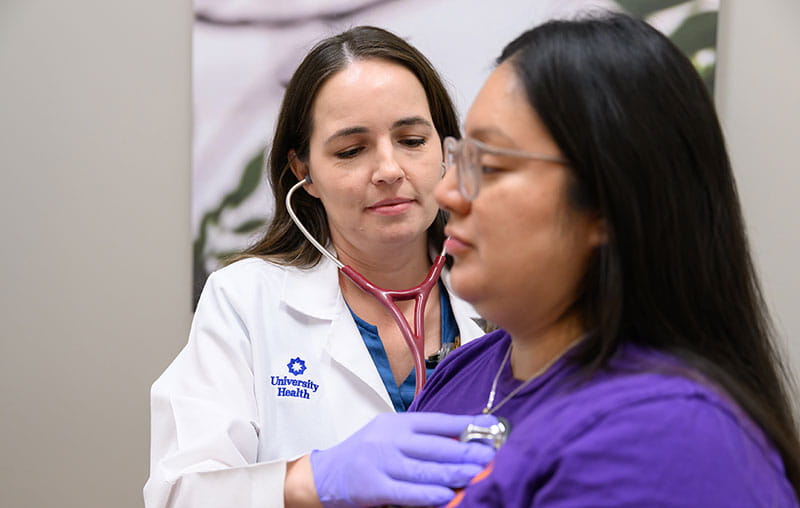Welcoming a new child into the family can be an exciting time for both new and experienced moms and dads. Couples may also be anxious when thinking about expanding their family during a pandemic. Many have asked about whether the mRNA vaccines are safe for pregnant women or affect a woman’s fertility.
Research continues and we are learning more each day about how COVID-19 impacts sexual and reproductive health – including new evidence that the disease can increase a man’s risk for erectile dysfunction.
Have any links to COVID-19 vaccines and infertility been identified?
No. Researchers have found no link between the FDA approved mRNA COVID-19 vaccines and fertility issues in women or men. Vaccinated couples did not experience fewer viable pregnancies or any particular pregnancy-related complications when compared to their unvaccinated counterparts.
Learn more about the study results showing COVID-19 vaccines don’t cause infertility or harm pregnancy chances, led by Boston University School of Public Health researchers.
Can sexual health be impacted due to COVID-19 infection?
Yes. Study data noted that inflammation in the body caused by COVID-19 infection posed an increased risk of complications to the placenta in unvaccinated pregnant women. The abnormal placentas led to higher instances of stillbirths attributed to a loss of oxygen to the growing baby. Learn more about the study that shows that COVID-19 can destroy placenta and lead to stillbirths.
Male reproductive health also seems to be impacted by COVID-19. The potential for erectile dysfunction was three times more likely in men with COVID-19 opposed to those without the virus.
In addition, shortly after infection, sperm viability was negatively impacted, which lead to a distinct period of decreased fertility in men. A UF Health study also suggests that COVID-19 may cause erectile dysfunction.
Vaccines help protect against COVID-19 infection
“Having COVID can impact sexual health ... even more of a reason for couples interested in getting pregnant or concerned about fertility issues to consider getting the COVID vaccine,” said Dr. Jason Bowling, University Hospital’s epidemiologist.
Men and women should consult their health care team to make healthy decisions for themselves and their new bundles of joy from conception to birth and beyond.




